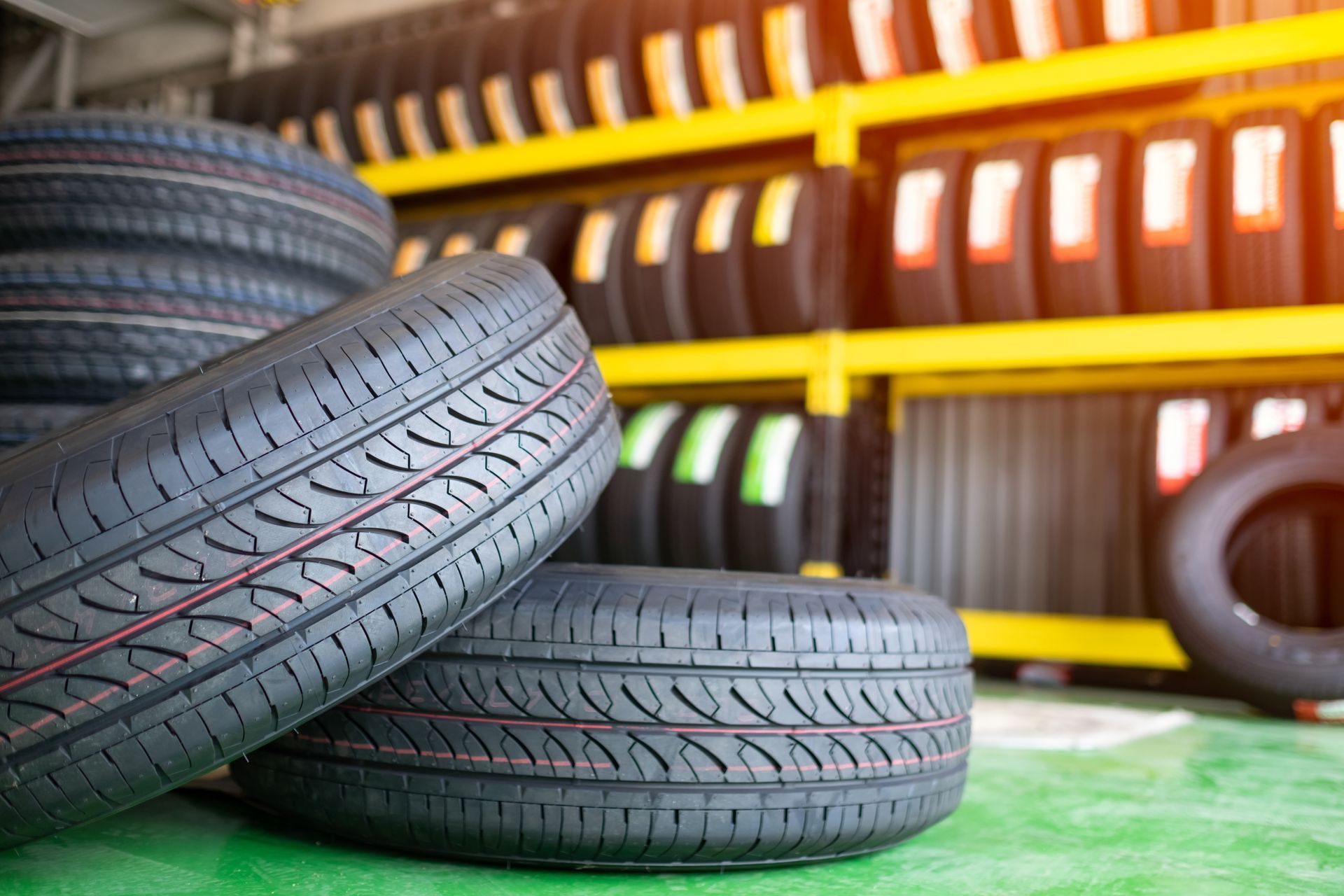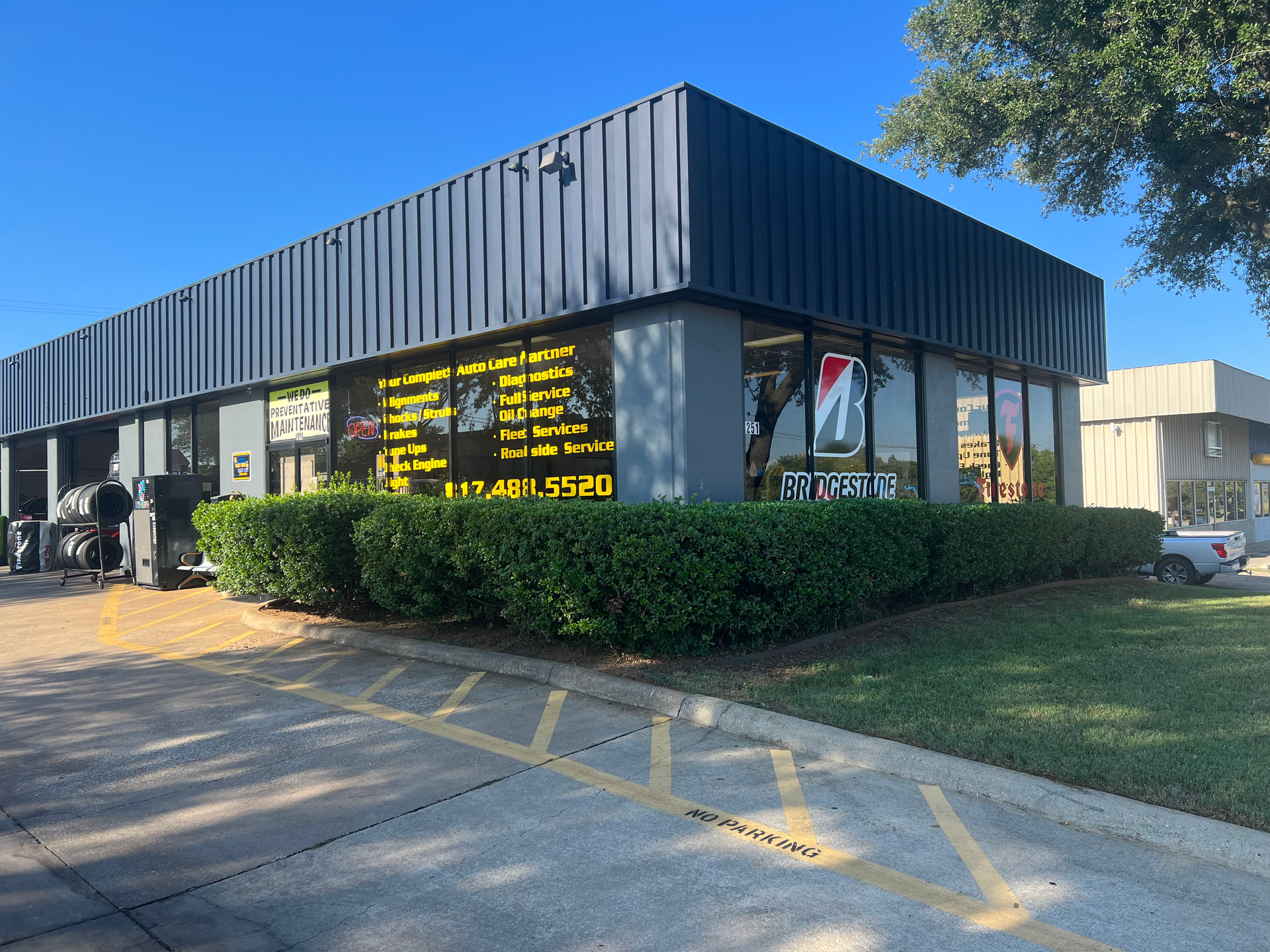Checking Under the Hood: A Comprehensive Guide to Vital Vehicle Fluids
Fluid Fundamentals: Maintaining Your Car's Vital Lifelines

Your vehicle is akin to a well-oiled machine - quite literally! The fluids coursing through its veins ensure optimal performance, longevity, and safety. Regular inspections and timely replacements of these fluids can spell the difference between a car that purrs and one that stalls. At Family Tire and Automotive, our seasoned mechanics have compiled an invaluable guide to help you stay in tune with your vehicle’s fluid needs.
Engine Oil
Arguably the lifeblood of your vehicle, engine oil plays a pivotal role in keeping the engine parts friction-free and humming harmoniously. A simple act of routine oil checks and timely replacements can extend your engine's lifespan considerably.
- Recommendation: Under standard driving conditions, every 5,000 miles is a safe bet. However, for those navigating frequent stop-and-go traffic, dusty terrains, or hauling heavy loads, leaning towards the 3,000-mile mark is prudent.
- Tip: A peek at the dipstick can be revealing. Oil that appears gritty or excessively dark beckons an immediate change.
Coolant
Acting as your engine's personal thermostat, the coolant (or antifreeze) ensures your engine doesn’t swelter under the heat or freeze in icy conditions.
- Recommendation: A coolant flush and refill every 2-3 years is ideal. Keep an eye on the overflow reservoir levels every few months.
- Tip: Consistent depletion in coolant levels could be suggestive of minute leaks. Seek expert help if you find yourself topping off frequently.
Transmission Fluid
This fluid ensures that the symphony of gear shifts in your car remains smooth, whether you’re accelerating on a freeway or navigating city blocks.
- Recommendation: A biannual inspection is ideal. The 30,000-60,000 mile range is generally a good benchmark for replacements, but always align with your vehicle's specifications.
- Tip: Fluids with a burnt odor or murky appearance are red flags. Also, low fluid levels may hint at potential leaks. Don’t delay in reaching out to us if you spot such signs.
Brake Fluid
Brake fluid's integrity is paramount for effective braking. With time, its propensity to absorb moisture can compromise its performance.
- Recommendation: A system flush every 2-3 years ensures the brake fluid remains uncontaminated and effective.
- Tip: Periodically inspect the brake fluid reservoir. Levels below the "Full" indicator necessitate an immediate system check for leaks or other concerns.
Power Steering Fluid
Facilitating smooth turns and twists, the power steering fluid is pivotal in negating friction in the steering system.
- Recommendation: Replacement every 30,000-60,000 miles or if the fluid appears discolored.
- Tip: Sounds of whining from the steering pump, turning difficulties, or visible leaks are signals that demand attention.
Conclusion
Being proactive about your vehicle's fluid needs can be your shield against unforeseen breakdowns. Our adept technicians at Family Tire and Automotive are at your service, ensuring your car always delivers peak performance. For fluid inspections, replacements, or any vehicle-related queries, don't hesitate to drop by or reach out. We're here to ensure your drive is both smooth and safe.





